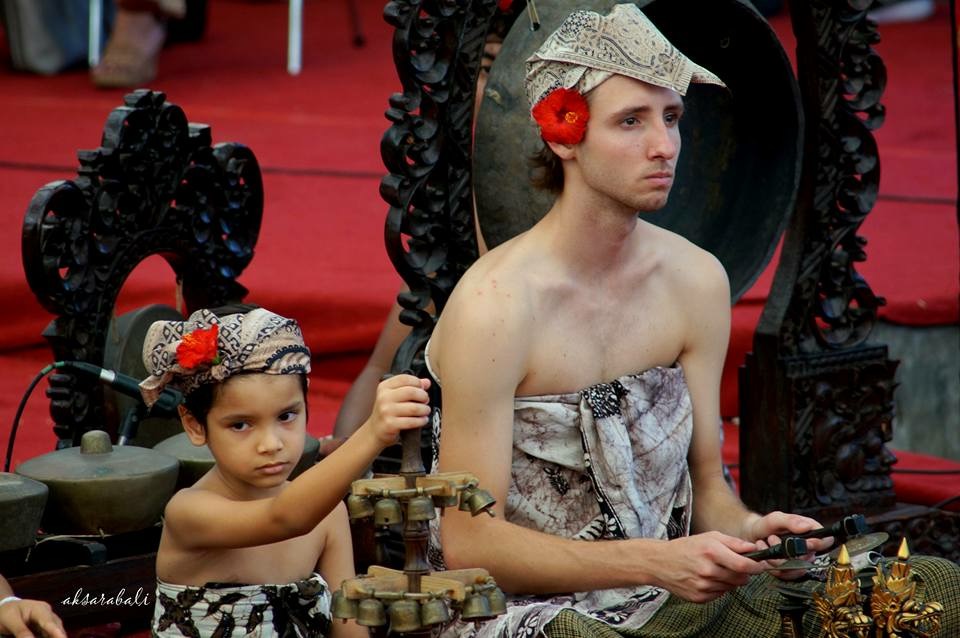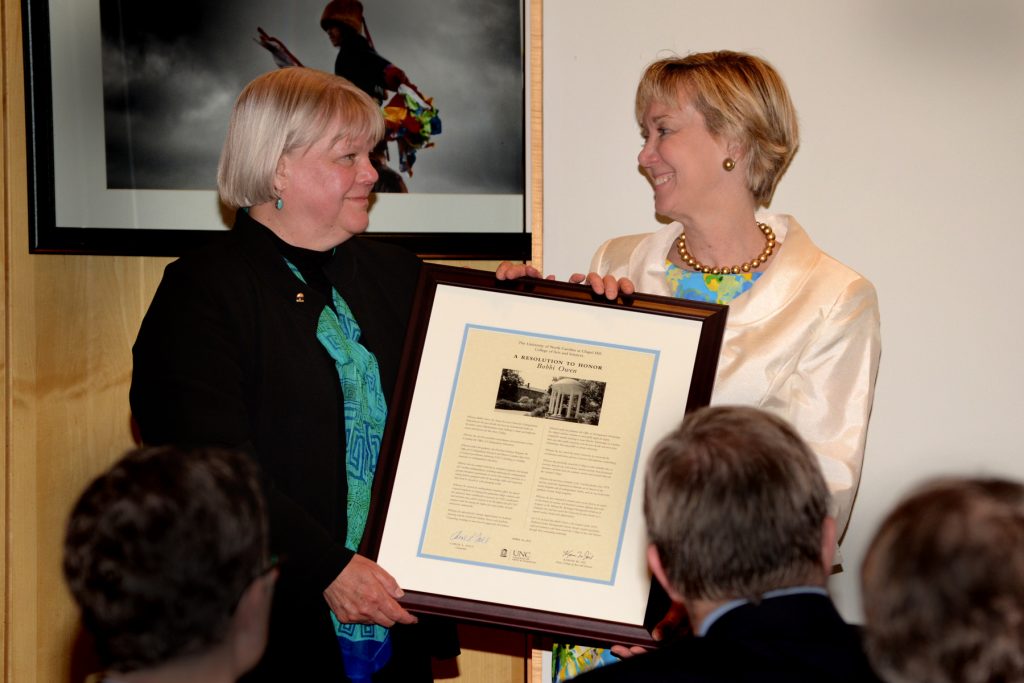
UNC associate professor of music David Garcia will examine how black music’s African origins was understood in the mid-20th century with a fellowship from the National Endowment for the Humanities (NEH).
The grant will support Garcia’s book project, “The Logic of Black Music’s Africa Origins: Music, Africa and Race in the Mid-Twentieth Century.”
Before the 20th century, black music sparked both fascination and ridicule as people spreading racist theories of black cultures tried to prove that it was proof of Africa’s inferiority. But beginning in the 1930s, a group of American and Cuban musicologists, musicians, dancers and others attempted to change attitudes toward black music’s African origins in order to debunk these notions of racial inferiority, Garcia writes in his project proposal.
“What motivated these individuals was their desire to resolve racism not only in their respective nations but internationally as well,” he said.
A group of African university students studying in the United States in the 1940s added to these efforts with programs that featured African music and dance; the students were trying to gather support from the American public to decolonize Africa. The book will span the historical period bridging the Harlem Renaissance of the 1920s and Civil Rights, the Cuban Revolution and the black power movements of the late 1950s and 1960s.
Garcia’s research focuses on the music of Latin America and the United States with an emphasis on black music of the Americas. He teaches undergraduate courses on the music of Latin of America, world music and jazz, and graduate seminars in ethnomusicology, music of the African diaspora and popular music. He is music director and arranger for UNC’s Charanga Carolina, which specializes in Cuban danzón and salsa from Cuba and New York City.
NEH grants are highly competitive and involve a rigorous review to ensure that the projects represent the highest level of humanities research and public engagement.
The grants support a variety of projects, including research fellowships and faculty awards, traveling exhibitions, the preservation of humanities collections, and training programs to prepare libraries, museums and archives to preserve and enhance access to their collections.




